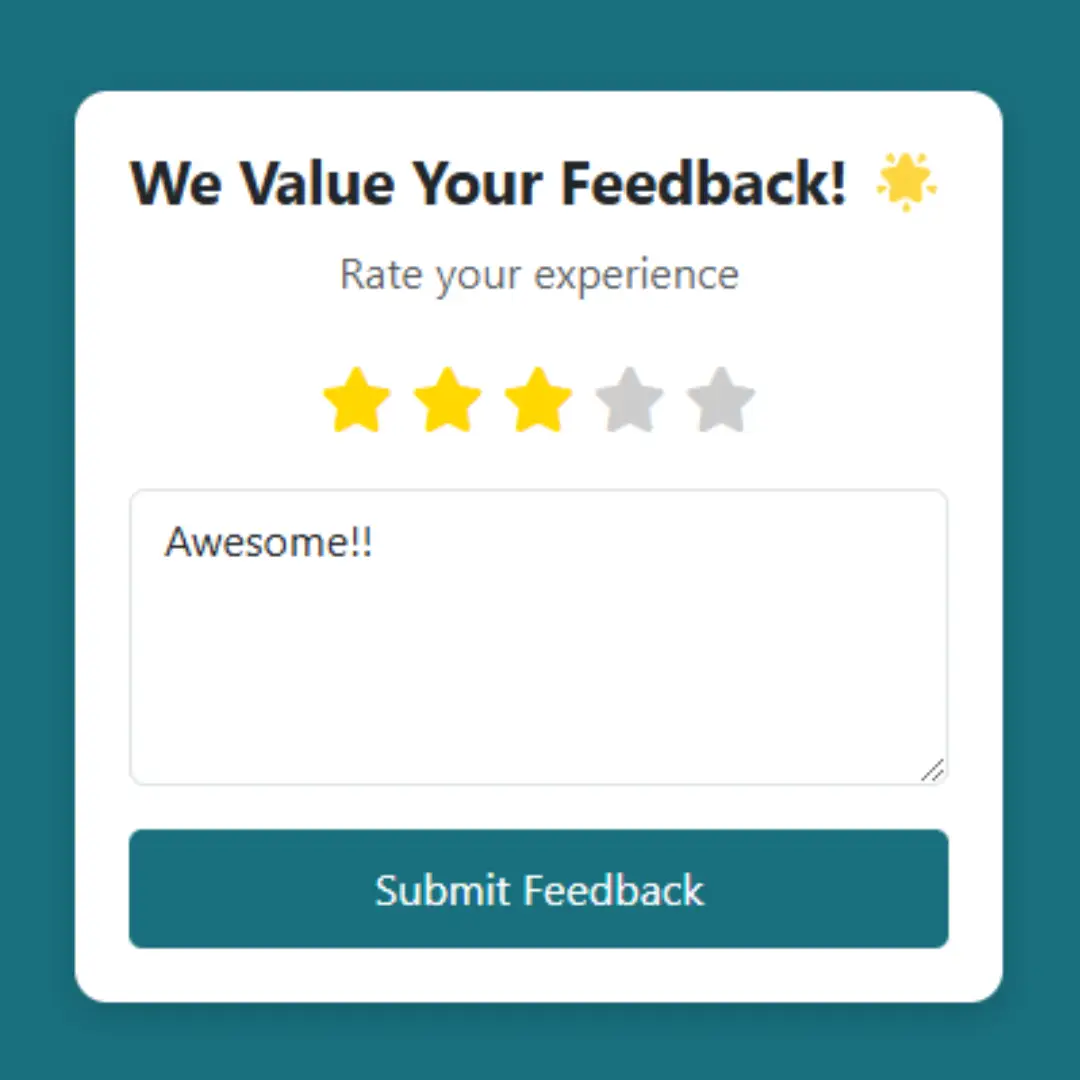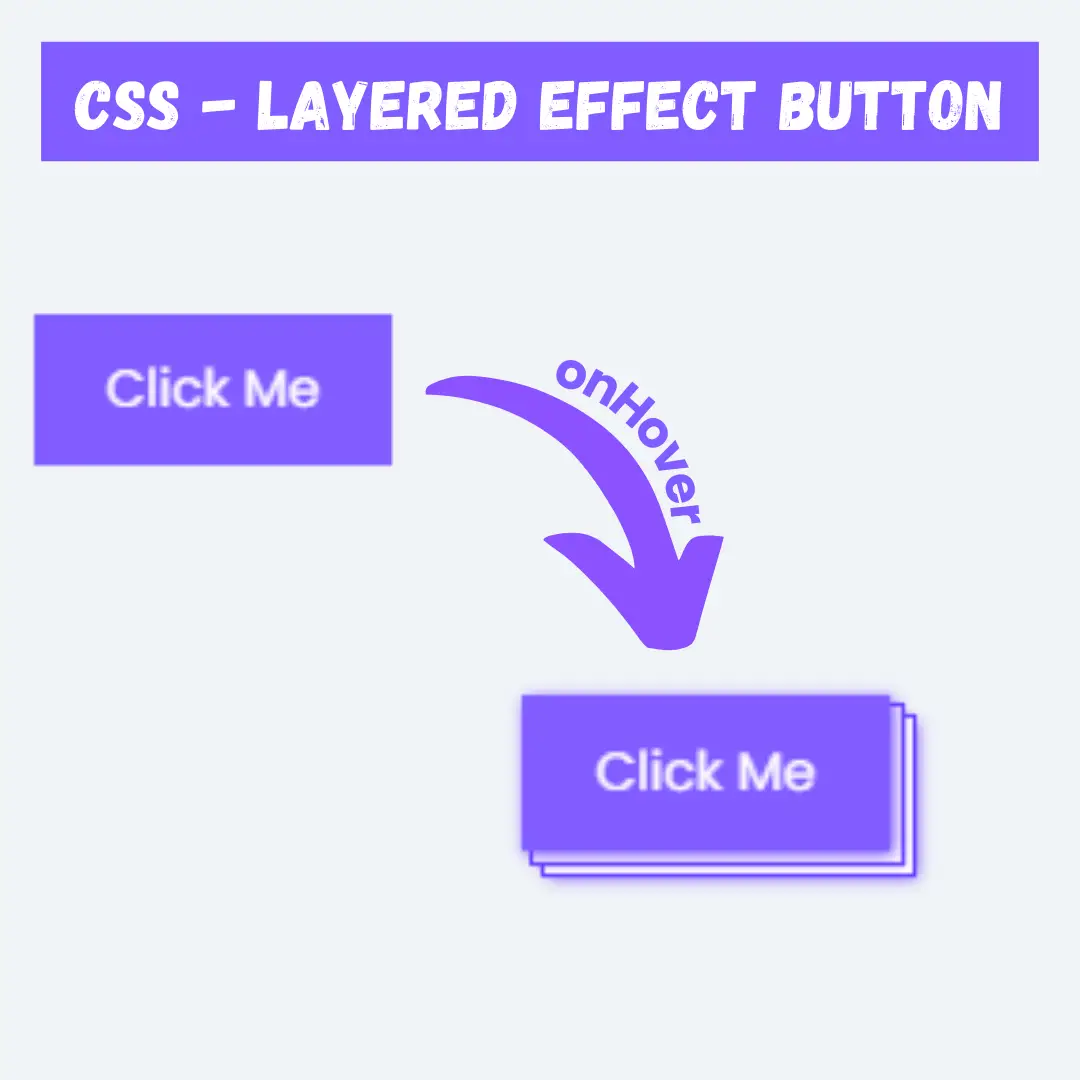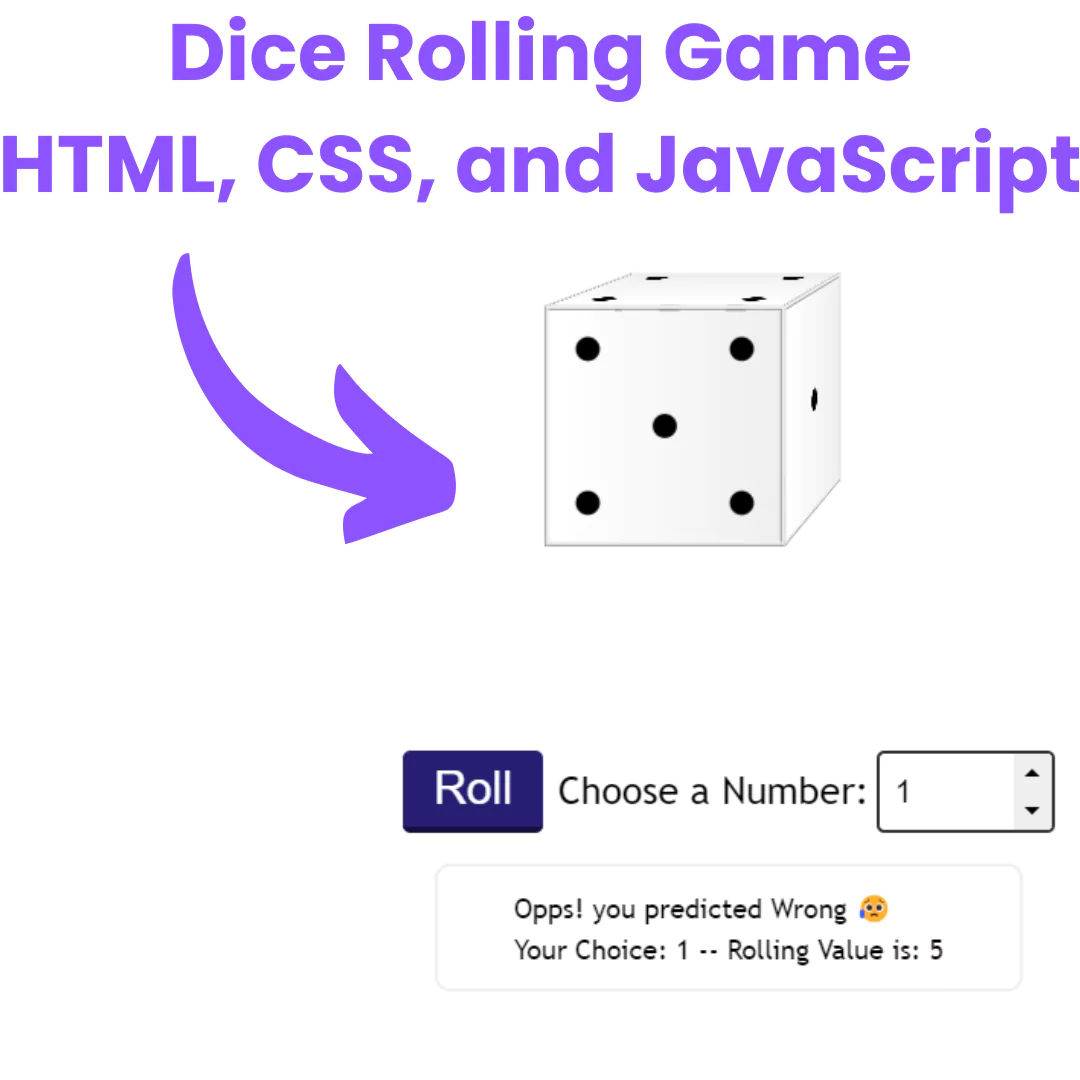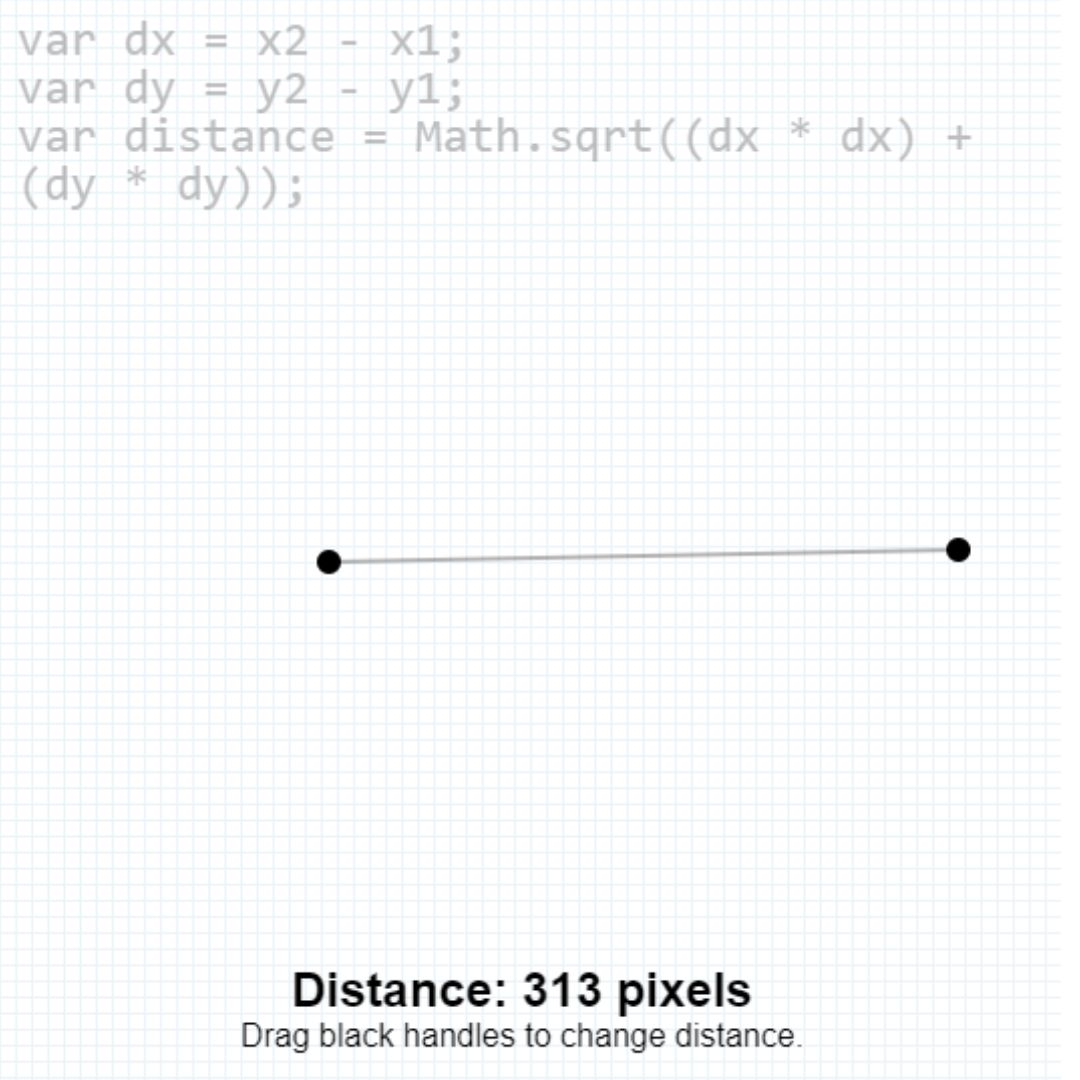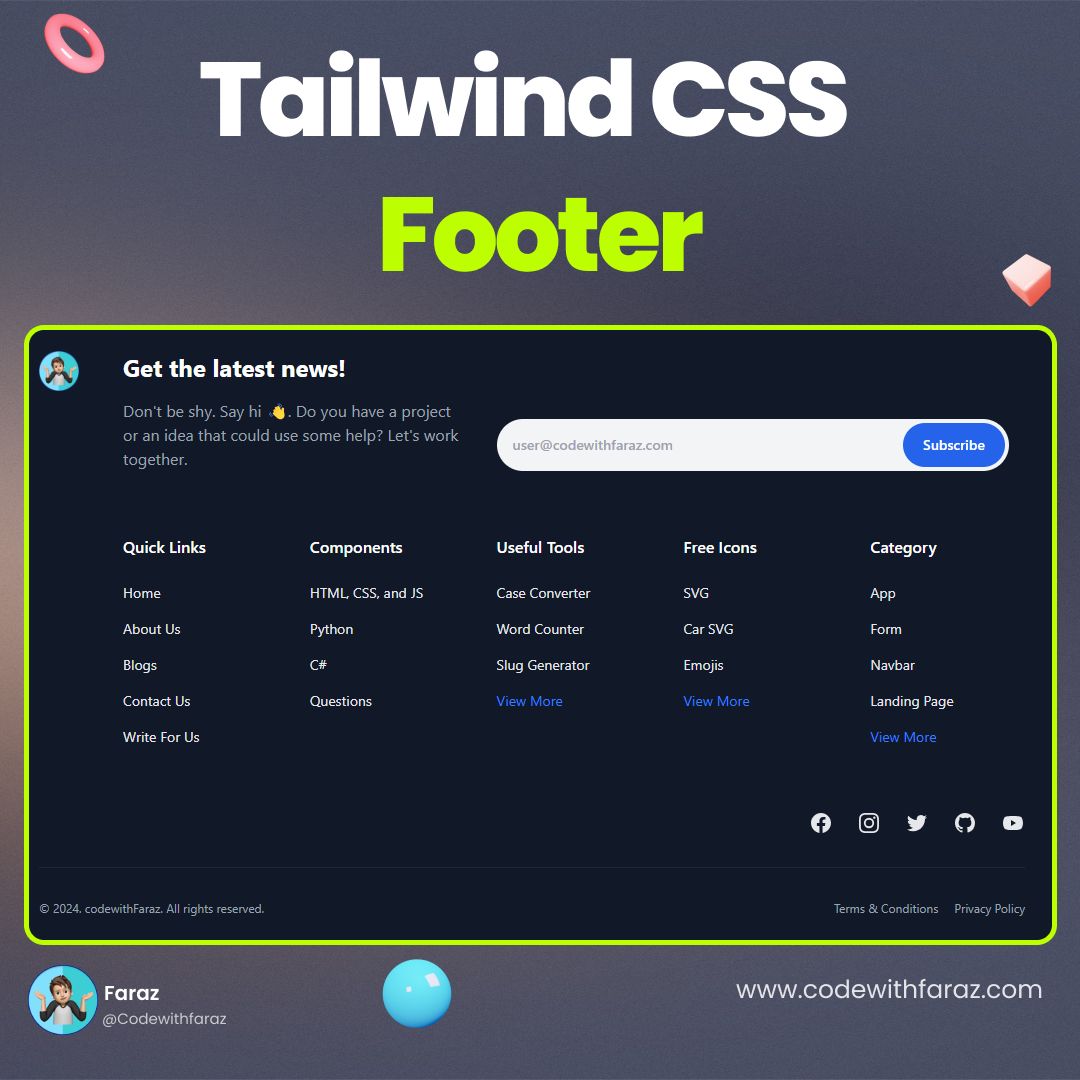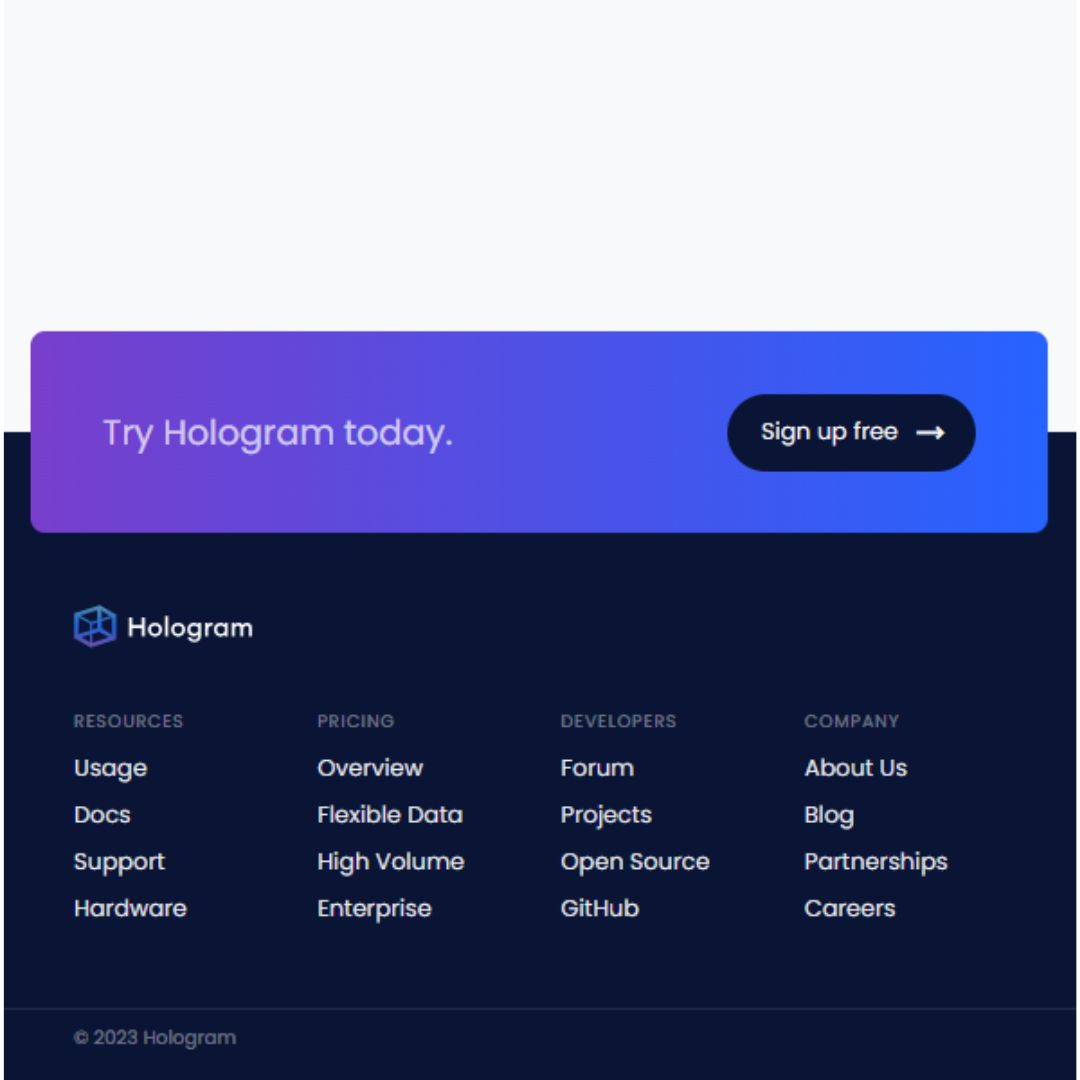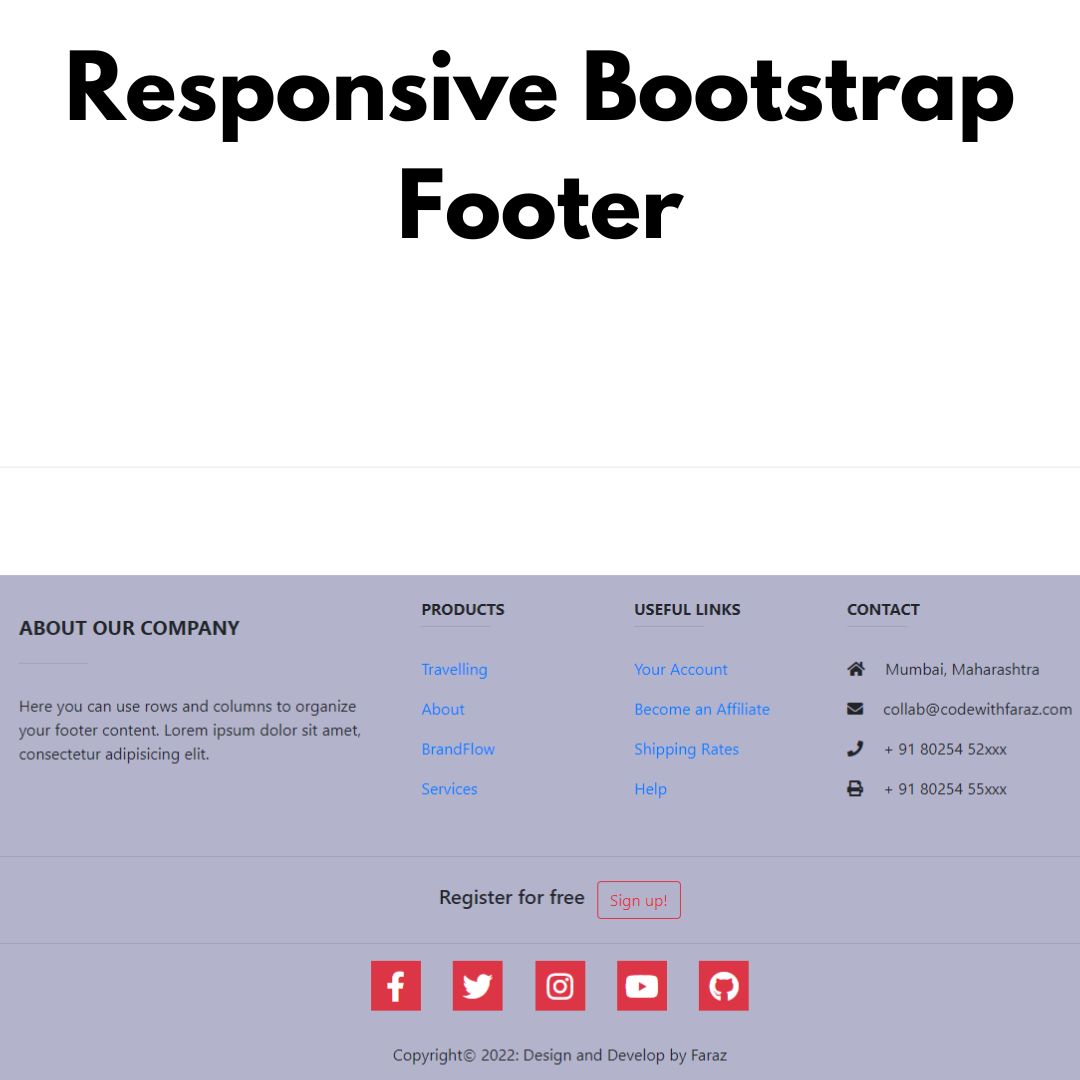Discover the essential educational steps, key skills, and practical experiences needed to succeed as an AI engineer in this comprehensive guide.

Table of Contents
- Educational Requirements
- Essential Skills and Knowledge Areas
- How to Gain Practical Experience?
- Tips to Build a Professional Network
- Career Development and Advancement
- Checklist for Aspiring AI Engineers
From its early roots in the 1950s, when Alan Turing presented the idea of machines that could think, to today's sophisticated systems like self-driving cars and eye contact AI technologies, AI has come a long way. In 2024 alone, the global AI market was valued at $184 billion and is projected to reach $826 billion by 2030, growing at a CAGR of 28.46%.
Companies across sectors—from tech giants like Google and IBM to healthcare providers and financial institutions—invest heavily in AI to gain a competitive edge. This surge in demand has led to a corresponding need for skilled AI engineers.
This piece will guide you to become a successful AI engineer. First, let's start with:
Educational Requirements
If you're considering becoming an AI engineer, you must have a solid educational background. It may include:
Bachelor's Degree
Start with a bachelor's degree in a common field like Computer Science, Engineering, and Mathematics. Some essential subjects include programming, data structures, and algorithms. These courses provide the foundation needed for AI engineering.
Master's Degree
Consider pursuing a master's degree with specializations in AI, Machine Learning, or Data Science. This advanced education deepens your knowledge and skills.
PhD (Optional)
For those interested in high-level research or academic positions, a PhD can be beneficial. This path focuses on innovation and developing new AI technologies. It's optional for AI roles but can set you apart in the field.
Online Courses and Certifications
Continuous learning is essential in AI. Online platforms like Coursera, edX, and Udacity offer courses that keep you updated. Look for courses on deep learning, natural language processing, and other AI specializations.
Essential Skills and Knowledge Areas
Aside from education attainment, skills are significant for AI professionals. You focus on several things like:
Focus 1. Programming Languages
Different languages offer various advantages in AI development and being versatile in several can significantly enhance your capabilities. Start with the following languages:
Python
Famous for its simplicity and readability, Python is the most prevalent language in AI development. It has many libraries and frameworks (like TensorFlow, Keras, and Scikit-Learn) that are ideal for machine learning and data analysis.R
R is particularly strong in statistical computing and graphics. It's often used in data analysis and visualization, making it valuable for tasks that require deep statistical analysis.Java
Java is robust and widely used in large-scale enterprise applications. Its portability and performance make it a good choice for implementing AI algorithms in production environments.C++
Known for its performance and efficiency, programmers often use C++ to develop performance-driven AI applications, such as real-time AI systems and simulations.Focus 2. Mathematics and Statistics
AI relies heavily on math. Knowing these topics is significant because they are the base of AI models and algorithms.
Linear Algebra
Essential for understanding data representations and operations in machine learning, such as vectors and matrices, which are foundational for algorithms like neural networks.
Calculus
Calculus is vital for optimizing machine learning models because it helps us understand changes and gradients. Concepts like derivatives and integrals help us understand how models learn and adjust.
Probability and Statistics
These are critical for making data-based predictions and decisions. Concepts like distributions, Bayesian networks, and statistical inference are central to many AI algorithms.
Focus 3. Core AI Concepts
To become a proficient AI engineer, you must acquire a solid understanding of AI fundamentals. These include:
Machine Learning
Learn both supervised and unsupervised learning techniques. Supervised learning trains a model on labeled data, whereas unsupervised learning uses unlabeled data to discover hidden patterns.
Reinforcement Learning
It involves training models to make sequences of decisions by rewarding desirable behaviors and punishing undesirable ones.
Deep Learning
Learn about neural networks and various structures, such as convolutional neural networks (CNNs) for visual processing and recurrent neural networks (RNNs) for sequence data.
Natural Language Processing (NLP)
This field specializes in the interaction between computers and human language, enabling machines to understand, interpret, and respond to textual data.
Computer Vision
Learn how machines interpret and understand visual data from the world, which is essential for tasks like image recognition and autonomous driving.
Focus 4. Tools and Frameworks
Familiarizing yourself with popular AI tools and frameworks is essential for efficient AI development. Here's a list of tools to get you started:
TensorFlow
An open-source library developed by Google, TensorFlow is mostly utilized for building and deploying machine learning models, especially deep learning.
PyTorch
Developed by Facebook, PyTorch is known for its flexibility and ease of use in building and experimenting with neural networks. It's popular in academic and research settings.
Keras
A high-level neural networks API, Keras is a TensorFlow-based framework that smoothens the process of creating complicated models.
Scikit-Learn
This library provides simple and efficient data mining and analysis tools built on NumPy, SciPy, and Matplotlib. It's great for implementing basic machine learning algorithms.
Other Tools
Tools like OpenCV for computer vision and NLTK for natural language processing are also crucial. They provide specialized functionalities that streamline the development of AI applications.
How to Gain Practical Experience?
Step 1. Internships
Real-world experience is invaluable. Look for internships that offer hands-on projects. Companies like Google, Microsoft, and IBM often have AI internship programs. These opportunities enable you to apply your knowledge and learn from professionals in the field.
Step 2. Projects and Competitions
Build a portfolio through personal projects and competitions. You can create software like an AI video editor or AI avatar solutions. Platforms like Kaggle also host competitions that challenge your AI skills. Contributing to open-source projects also showcases your ability to collaborate and solve real-world problems.
Step 3. Research Opportunities
Participate in research to broaden your understanding of AI. Collaborate with academic institutions or research labs. Publishing papers and attending conferences helps you stay current with the latest advancements and network with experts.
Tips to Build a Professional Network
Tip 1. Join Professional Organizations
Join organizations like IEEE and ACM. These provide access to resources, conferences, and a community of professionals. Membership can also offer opportunities for collaboration and professional development.
Tip 2. Attend Conferences and Meetups
Participate in AI conferences such as NeurIPS, ICML, and CVPR. These events are great for networking and learning about the latest trends. Local meetups and networking events can also help you connect with other AI enthusiasts.
Tip 3. Interact with the AI Community
Be active in online forums like Reddit and Stack Overflow. Follow AI experts on social media platforms like LinkedIn and Twitter. Interaction with the community keeps you updated and connected.
Career Development and Advancement
1. Entry-Level Positions
Start with entry-level positions such as AI Engineer, Machine Learning Engineer, or Data Scientist. These roles involve developing models, analyzing data, and implementing AI solutions. They provide a solid foundation for your career.
2. Mid-Level and Senior Positions
As you gain experience, aim for mid-level and senior positions. Roles like Senior AI Engineer, AI Specialist, or Team Lead come with more responsibilities and leadership opportunities. They also offer higher salaries and career advancement.
Checklist for Aspiring AI Engineers
- Obtain valuable formal education (Bachelor's, Master's, or PhD)
- Take online courses and earn certifications
- Master top programming languages and mathematical concepts
- Acquire hands-on experience through internships, projects, and competitions
- Build a professional network by joining organizations and attending events
- Continuously grow and stay updated with industry trends
Following this structured path will help you succeed in the exciting and innovative field of AI engineering. Enjoy the process and stay passionate about your learning and professional growth.
That’s a wrap!
Thank you for taking the time to read this article! I hope you found it informative and enjoyable. If you did, please consider sharing it with your friends and followers. Your support helps me continue creating content like this.
Stay updated with our latest content by signing up for our email newsletter! Be the first to know about new articles and exciting updates directly in your inbox. Don't miss out—subscribe today!
If you'd like to support my work directly, you can buy me a coffee . Your generosity is greatly appreciated and helps me keep bringing you high-quality articles.
Thanks!
Faraz 😊






